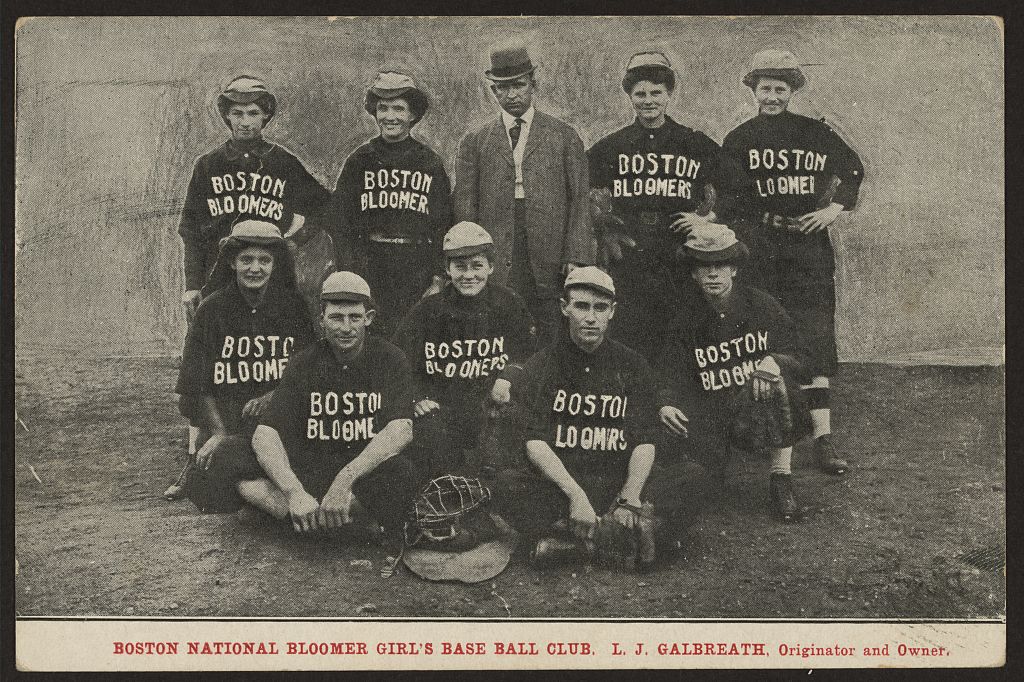The Fort Dodge Messenger: Aug. 14, 1905
Mayor Has Hoboe (sic) Cleaned Up
Man Found Begging With Over One Hundred Dollars on His Person
Unable to Speak English
Mayor Has Him Fixed Out at Barber Shop, Buys New Suit of Clothes for Him Out of His Money and Sends Him Out of Town
Residents of the east part of the city telephoned in Saturday afternoon to police headquarters stating that a hoboe (sic) was begging at the residences of that part of the city.
The patrol was sent out in response to the call and a stout looking young foreigner with one arm in a sling found in the act of asking assistance from the back door of a dwelling. He made a race for cover as soon as he sighted the officers but was captured and placed in the wagon.
Later, while on the way down town he leaped from the vehicle and started out on the dead run. The officers with the aid of bystanders succeeded in capturing him again, though only after a hard fight and this time he was held in the back of the patrol until the jail was reached.
On searching him Chief Tullar was surprised to find that almost every pocket in his clothes contained a bag of money. Six separate sacks and purses each containing bills or silver were taken from him.
A count of the money brought to light that he had a total of $132.06 (about $3,323 today) in the following denominations: bills, $45; gold, $5, dollars, halves and quarters, $27.50; nickels, $4; loose change, $3.21; pocketbook, $6.75.
Mayor Bennett found in police court this morning that he was unable to speak a word of English. An onlooker stated that his talk sounded like Polish and Tom Robinson was summoned. Robinson stated that he spoke Bohemian and a person of that nationality who happened to be in the room volunteered to talk to him. Little was learned other than that the fellow readily admitted having begged the money that he carried, Smiling when telling about it and evidently thinking that it was an exploit to his credit.
Under instructions from Mayor Bennett he was told that he was fined $15 for begging and that the marshal would be instructed to take him to a barber shop, give him a bath, shave, hair cut and shampoo, buy him a suit of clothes out of his money and send him out of town.
He objected strenuously to parting with his money, begging to be let go without being fined, or having to pay for a new suit of clothes and for getting cleaned up out of his hoard, but the mayor was obdurate and still protesting he was led to a tonsorial parlor. After his bath, shave, etc., he emerged a changed man. He really semed (sic) to enjoy getting cleaned up after being forced to do so and grinned with delight when he surveyed himself in the mirror.
He was taken to a down town clothing store by Chief Tullar and fitted out with a neat well fitting suit of clothes and with his hoard of money lightened considerably, instructed to get out of town and go to work.
Joe Kelley of Council Bluffs was found asleep in an alley in a badly intoxicated state yesterday. He was allowed to leave town.
Tags: 1905, Bennett, Kelley, Robinson, Tullar



